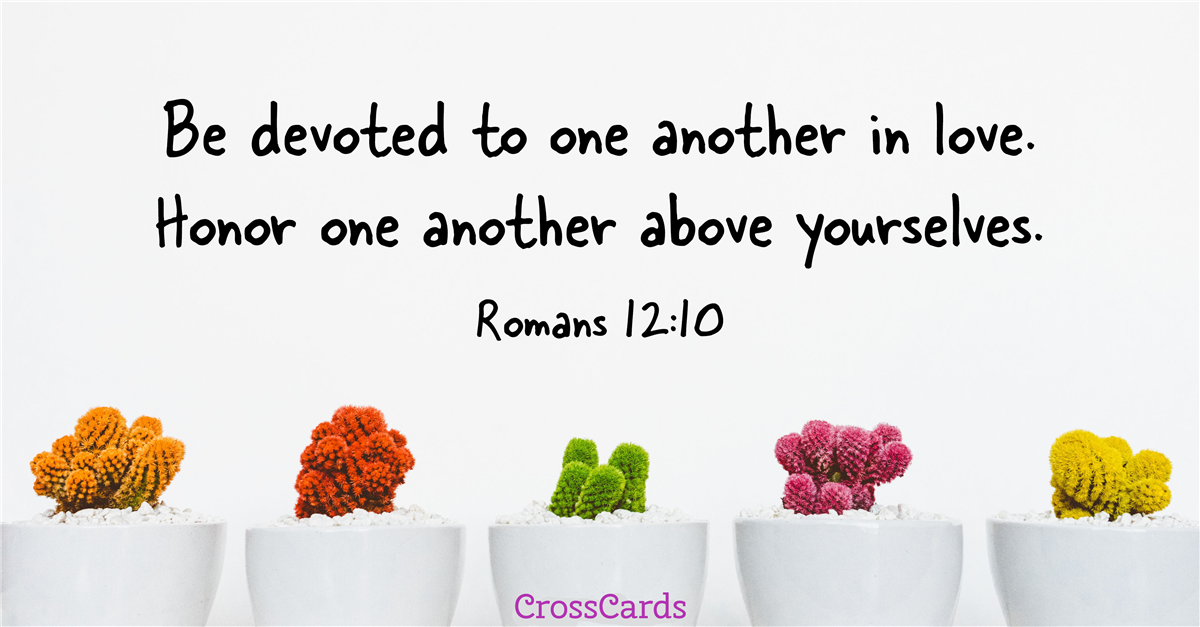
In America, when it comes to romantic relationships, our culture has grown accustomed to dating—a sometimes more casual approach to seeking a partner. A person may have multiple romantic relationships before or if they marry. Sexual abstinence and modesty are now often scoffed at, and casual sexual "hook-ups" and living together before marriage have unfortunately become the societal norm. Dating casually, or cohabiting without the intent of marrying the person, removes the commitment of marriage, but does it lead to better relationships?
What is Courting?
Courting has been the traditional Christian approach to relationships with the intention of marrying. As described by Essence.com,
"A Christ-centered courtship is when a man and woman prayerfully and purposefully seek to determine if marriage is in God's plan for them. They are rooted in purpose, spiritual growth and a desire to be with whom God has chosen for you"
Christian theologian John Piper distinguished courtship from dating in his book, Sex and the Supremacy of Christ, teaching that:
Courtship ordinarily begins when a single man approaches a single woman by going through the woman's father and then conducts his relationship with the woman under the authority of her father, family, or church, whichever is most appropriate. Courtship always has marriage as its direct goal... Dating, a more modern approach, begins when either the man or the woman initiates a more-than-friends relationship with the other. Then they conduct that relationship outside of any oversight or authority. Dating may or may not have marriage as its goal.
The term “courting” for many young people (and even among Baby Boomers) seems a bit foreign and outdated. Merriam-Webster’s dictionary defines courting as “seeking the affections of [someone]-especially: seeking to win a pledge of marriage from.”
One might envision a man wooing his lady companion with roses and chocolates and eventually getting down on bended knee asking for her hand in marriage. Most often, the entire family oversaw the relationship as the two were getting to know each other and evaluating their potential future as husband and wife. There was nothing casual about it; everything in the relationship was very intentional and pointed towards marriage.
Do People Still Court Today?
The practice of casual dating in our society has not helped form strong, healthy, committed, long-lasting relationships. In fact, the dating scene seems to have become more complicated, confusing, and lonely for many people as more and more people remain single much longer than generations prior. Statistically, Americans are waiting longer to get married than ever before.
According to the U.S. Census Bureau, the average age of first marriage for women in 2021 was over 28 years old. For men, it is even older at over 30 years old. Although it is said that the divorce rate in America is on the decline, 40-50% of marriages are still ending in divorce. One might wonder, perhaps this practice of casual dating in our society is attributed to this statistic.

Photo Credit: Unsplash/Jonathan J Castellon
Some would say that we have not completely abandoned courtship in our society; instead, we have added dating into courtship. In other words, dating has become an extra layer to our finding a mate. Yes, a courting and dating relationship could look similar, especially if the person is entering the dating scene with the intention of finding a partner who they will eventually marry, but if this isn’t the case, dating “for fun” might simply widen to the pool of shallow partners.
The Differences Between Dating and Courting
The significant difference between courting and dating is that the dating relationship may or may not lead to marriage. The integrity and outcome of the dating process depend entirely upon the values of the couple involved. However, the culturally influenced version of dating is frequently done just for fun with no real purpose driving the relationship.
Instead of being cautious in pursuing romantic relationships, it is easier for couples to treat dating much like the pursuit of finding the perfect pair of jeans—the ones that don’t fit get thrown to the side until we find just the right one. Most of the time, by cultural standards, if a dating relationship has become serious, the two have become physically intimate with one another and possibly live with each other. Sometimes the relationship does not have to be serious at all for physical intimacy.
The process of courtship grew out of a culture that desires to honor God with the path to marriage. Couples who choose to court instead of date have committed to honor God with their bodies and abstain from physical intimacy until they are married. Their desire is for the anticipation of the marriage covenant.
Dating on the other hand, when done without a biblical foundation, can easily be very self-focused and self-serving, where individuals look more for how the other person can make them happy. If a couple is courting, they are most likely looking to the Bible for the direction of their relationship and long to obey.
What Does the Bible Say about Courting and Dating?
Although the Bible does not mention courting or dating explicitly, we are provided with some essential principles on how we should live as followers of Christ. These ought to be applied to romantic relationships in preparation for a marriage covenant.
First and foremost, we are called to be separate from the world’s ways. 1 Peter 1:14-16 tells us: “As obedient children, do not be conformed to the former lusts which were yours in your ignorance, but like the Holy One who called you, be holy yourselves also in all your behavior; because it is written, ‘You shall be holy, for I am holy’” (NASB).
Instead of searching for the physical or emotional attraction (how this person makes us feel) as our deciding factors of compatibility with someone we want to be in a relationship with, Christians should desire to discover the character of the person and whether they are also a born-again believer in Jesus Christ with the desire to be conformed into His image and obey His Word.
2 Corinthians 6:14-15 tells us: “Do not be unequally yoked with unbelievers. For what partnership has righteousness with lawlessness? Or what fellowship has light with darkness? What accord has Christ with Belial? Or what portion does a believer share with an unbeliever?” (ESV).
Binding ourselves to an unbeliever in a romantic relationship could comprise our obedience to the Lord and bring more temptation to follow the world’s ways over God’s. If both individuals are believers and have a desire to honor the Lord both in each individual life and the relationship itself, God will be sure to strengthen and equip the couple to ensure a healthy foundation for the marriage ahead. If the couple puts God first in their relationship before marriage, they will be set up to continue to put Him first in the marriage.
Biblical Foundations for Romantic Relationships
When two people are in a committed relationship and love each other deeply, it can sometimes be a temptation to put each other on a pedestal, and suddenly an idol is made. Matthew 10:37 tells us that we should love the Lord more than anyone else in our life (father/mother/son/daughter, specifically in this verse), including our significant other.
We are to “Love the Lord your God with all your heart and with all your soul and with all your mind” (Matthew 22:37, NIV) and seek Him first and foremost. And yet, at the same time, we are to love others as we love ourselves (Mark 12:31).
We see in Romans 12:9-10 the mark of true Christian love: “Let love be genuine. Abhor what is evil; hold fast to what is good. Love one another with brotherly affection. Outdo one another in showing honor” (ESV).
Also, in Philippians 2:3-4, we are encouraged to have the same selfless mind as Christ who laid His life down for us: “Do nothing from selfish ambition or conceit, but in humility count others more significant than yourselves. Let each of you look not only to his own interests, but also to the interests of others” (ESV).

This is undoubtedly true in a Biblical romantic relationship.
Since the world’s view of a dating relationship most often involves sexual intimacy, as a Christian, it is important to pay attention to what the Bible warns about premarital sex which is considered sexual immorality.
We are to flee from fleshly lusts and pursue righteousness and purity.
“Now flee from youthful lusts and pursue righteousness, faith, love and peace, with those who call on the Lord from a pure heart” (2 Timothy 2:22, NASB).
Sexual immorality is not just a sin against God but a sin against your own body. When we join with someone physically, we become one flesh with them, which is reserved for the holy union of marriage. Ultimately, we are to use our bodies to glorify God because our bodies have been bought with the blood of Jesus.
Paul shares these truths in 1 Corinthians 6:15-20:
“Do you not know that your bodies are members of Christ? Shall I then take away the members of Christ and make them members of a prostitute? May it never be! Or do you not know that the one who joins himself to a prostitute is one body with her? For He says, “The two shall become one flesh. But the one who joins himself to the Lord is one spirit with Him. Flee immorality. Every other sin that a man commits is outside the body, but the immoral man sins against his own body. Or do you not know that your body is a temple of the Holy Spirit who is in you, whom you have from God, and that you are not your own? For you have been bought with a price: therefore glorify God in your body” (NASB).
Court (or Date) for the Glory of God
The marriage covenant is special because of what it symbolizes: Christ’s pure love and union with the Church. If that is your aim in a dating or courting relationship, to reflect Christ’s love and honor for each other, continue to put God first and look to the Scriptures to renew your mind to separate yourself from the world’s view of dating so you are able to pursue God’s will for your life and for the direction of your relationship with your significant other.
Looking to the Bible for guidance regarding romantic relationships is the best path to ensure glorifying God through obedience and righteousness, as well as creating a strong foundation for marriage with Christ at the center. When two people marry, they cleave to one another and become one flesh in a relationship that God intended to be constant and unbreakable (Genesis 2:24; Matthew 19:5), a beautiful picture of Christ’s love for us both individually and collectively as His Bride. Most importantly, may God be glorified in every relationship as we point others to Him in everything we say and do.
Emily Rose Massey began writing short stories and poetry as a little girl, entered the blogging world in her early 20's, and published her first book, Yielded in His Hands: Becoming a Vessel for God's Glory (eLectio Publishing, 2015) before the age of 30. She now enjoys freelance writing while being a stay-at-home momma. Believing she has been forgiven of much, she loves much and desires to point others to Christ and His redemptive and transforming power. If you would like to connect with Emily or learn more about her ministry, you can visit her website: www.emilyrosemassey.com.
Photo Credit: © Getty Images


